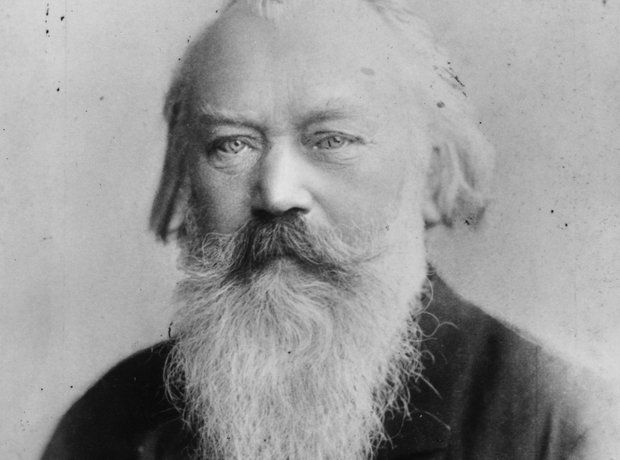Johannes Brahms was a German composer and pianist of the Romantic era, born in Hamburg, Germany on May 7, 1833. He is considered one of the greatest composers of the 19th century, and his works are still widely performed and celebrated today.
Brahms began his musical career as a pianist, performing in public from a young age. He soon became recognized for his virtuosity and began to compose his own works. He was heavily influenced by the music of Bach and Beethoven, and he sought to continue their tradition of classical composition while incorporating elements of the Romantic style.
Brahms is best known for his orchestral works, including four symphonies, two piano concertos, and several overtures and choral pieces. He also composed chamber music, including sonatas for violin, cello, and clarinet, as well as works for solo piano. His chamber music is characterized by its intricate textures and emotional depth, and it remains some of the most popular and beloved chamber music in the classical repertoire.
One of Brahms’ most famous works is his First Symphony, which was completed in 1876 and premiered in Karlsruhe, Germany. The symphony is considered a masterpiece of the Romantic era, and it is known for its sweeping melodies, rich harmonies, and powerful emotional impact.
Another notable work by Brahms is his Variations on a Theme by Haydn, which was composed in 1873. This work showcases Brahms’ skill as a composer, as he takes a simple theme and creates a rich and complex series of variations that showcase his mastery of form and structure.
In addition to his orchestral and chamber works, Brahms also composed over 200 songs, many of which are still popular today. His songs are known for their delicate melodies and expressive lyrics, and they often explore themes of love, nature, and death.
In conclusion, Johannes Brahms was a master composer whose works continue to be celebrated and performed today. He brought together elements of the classical and Romantic styles to create music that is both timeless and deeply moving. His contributions to the classical repertoire will continue to be cherished for generations to come.
Views: 84






